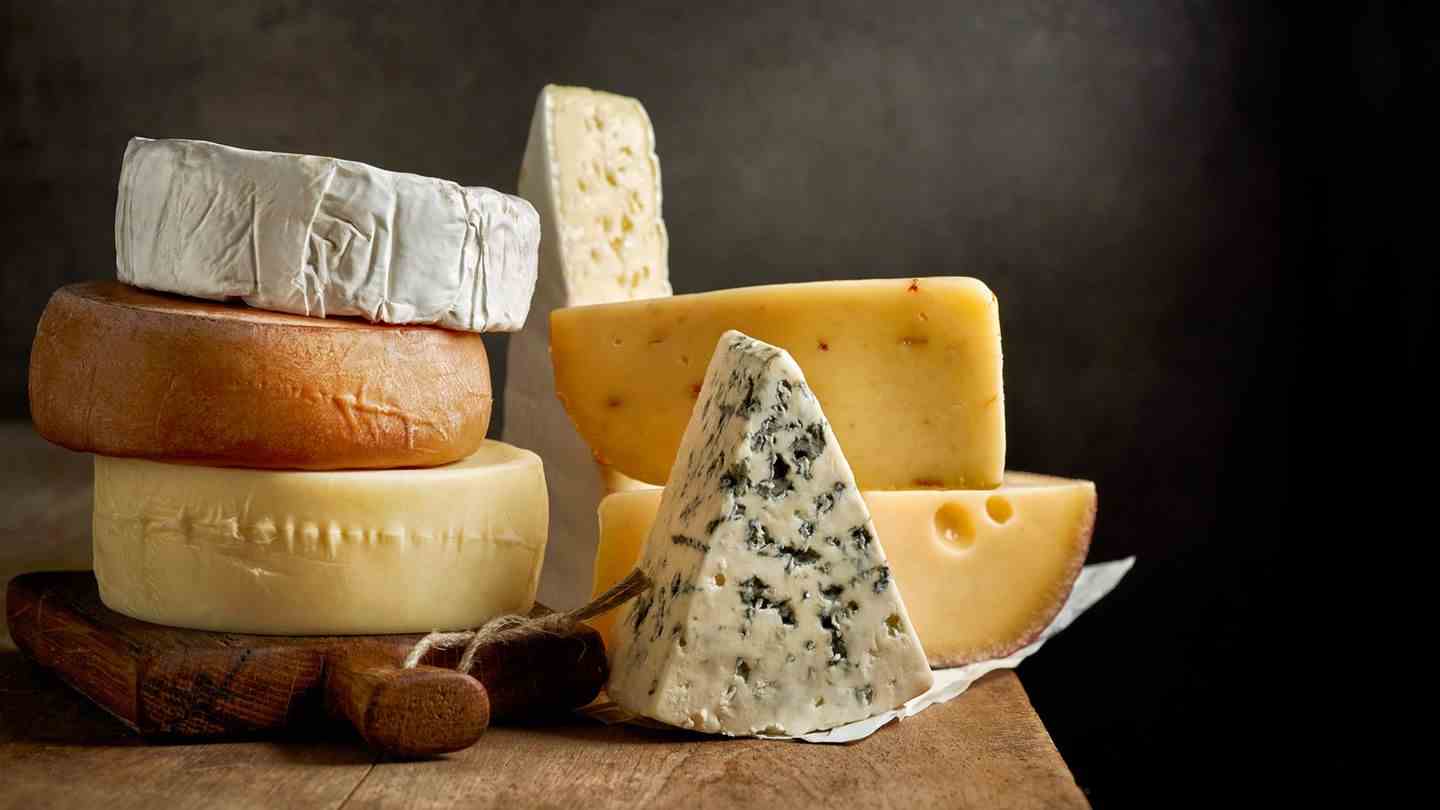What rennet does with the milk
Why cheese is not (necessarily) vegetarian
It depends on the lab
©Getty Images
For vegetarians, cheese is often a good substitute for sausage and meat. But beware! Not all cheeses are vegetarian. It’s related to a coagulant.
Strictly speaking, vegetarians should also do without cheese. Basically, cheese making has not changed over the centuries, apart from technological advances that have changed the workflow enormously. Cheese is particularly popular with people who don’t eat meat. Vegetarians, for example, only eat products that come from living animals and therefore avoid foods such as fish and meat. But milk from living animals is used for classic cheese production, but an animal enzyme is needed to coagulate it.
Traditionally, rennet is used for this, which is obtained from the stomachs of young calves of milk-drinking age. For this, the animal is slaughtered and its parts such as meat and bones are used. The rennet is a mixture of the enzymes chymosin and pepsin, which is needed to precipitate the milk protein in the production of cheese. However, this can also be produced microbially or added together with lactic acid bacteria. However, rennet is required for almost all known types of hard and semi-hard cheese. Cream cheese can also contain animal rennet. Normally, however, it is made from quark or yoghurt with lactic acid bacteria.
There are alternatives to cheese
However, the amount of animal rennet needed to make cheese is rather limited. Only about 35 percent of the world’s cheese production can be produced with natural rennet. The rest is made with alternatives.
Mainly with microbial rennet. This is based on cultivated mold cultures, whose metabolism produces a coagulation enzyme. Its advantages: It can be multiplied indefinitely and is many times cheaper than natural rennet. Cheese with microbial rennet is particularly popular with vegetarians. The disadvantage: Bitter peptides can develop with longer maturing cheese.
An alternative to natural enzymes is chymosin, which is produced with the help of genetically modified microorganisms. The substance is prohibited for the production of organic food.
There are also plant species that have protein-splitting properties such as cleavers, papayas or figs. The plant rennet brings unusual taste results with cheese and is therefore only rarely used.
Internationally, rennet is classified as a production aid and not as a food additive. This means that the substance does not have to be declared and is normally not listed on the packaging. This is different in organic supermarkets: it is almost always stated whether animal rennet or one of the substitutes was used. If you want to be sure whether a cheese contains animal rennet, you have to ask the manufacturer. A few years ago, the Vegetarian Union published a list of which types of cheese use which type of rennet. You can see them here.


